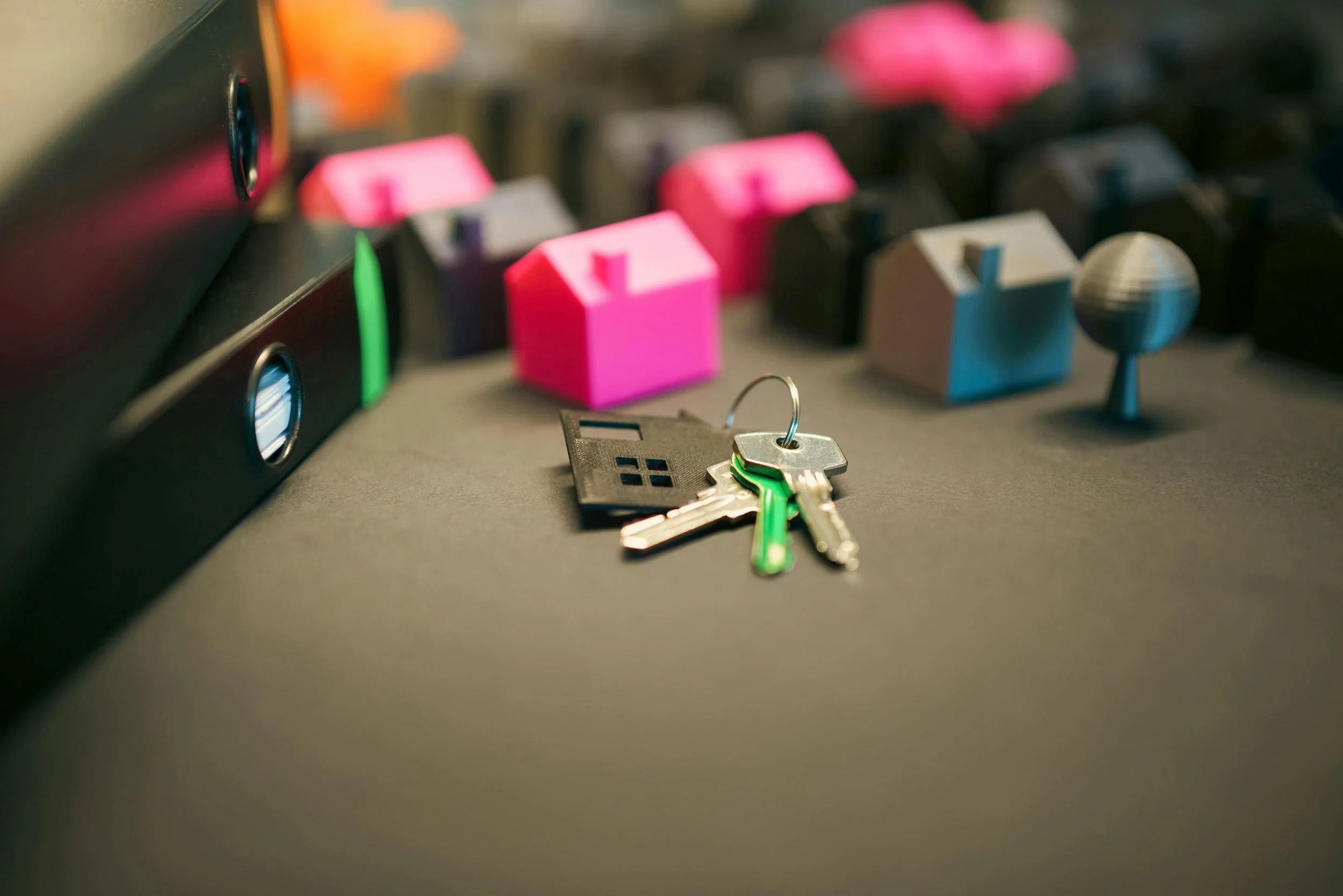When Routine Shifts: Understanding Change from the Inside Out
Change can arrive suddenly, or we might see it coming for some time. Some people cope better when they have no warning, while others find comfort in preparation. Regardless of how it happens, change always brings with it a “new normal” that we eventually have to adjust to.
Take moving house, for example. Often (though not always), we know about it in advance. We plan carefully to make the transition smooth, imagine our life in the new space, and try to anticipate every detail. But ultimately, we have to trust that it will all work out - and we all know things rarely go entirely to plan.
So what’s going on in our brains during change?
As I’ve mentioned before, the brain prefers the familiar. With repeated experiences, our brains build and strengthen neural pathways - so when routines are consistent, we can go into autopilot. Think of those moments when you arrive at a familiar destination and can’t recall passing a certain point - you know you did, but you simply weren’t consciously aware.
Because of this preference for the familiar, our brains often try to replicate known routines in new situations. We might imagine our current habits transplanted into the new house. This can ease anxiety by making the unknown feel more predictable. And often, once we move, we do try to keep things as similar as possible.
But eventually, we might notice that the old routine doesn’t quite fit in the new space. It needs adjusting. That can feel scary - or exciting. And with time and repetition, new routines form and begin to feel right, perhaps even better than before. After all (and again, I know not always), there’s usually a reason someone chooses to move.
We have to trust that the process of change can lead to something better.
The same principle applies to the therapeutic process. As therapists, we often encounter resistance, disbelief, or fear when clients are faced with the idea of change. This can leave us feeling stuck too - helpless or hopeless.
That’s why it’s important to pause and reflect on what might be happening for our clients. Therapy may be asking them to challenge long-standing beliefs or behaviours. Naturally, that feels unsafe. Of course they don’t want to budge. Their brains are wired for familiarity. Doing or thinking differently feels wrong, even threatening.
But over time - and this part is essential - with enough repetition, new ways of thinking or behaving can take root. Slowly, the brain begins to build new pathways. What was once unfamiliar starts to become familiar. Eventually, it becomes the new normal.
And that’s why we trust the process.
Download PDF here

